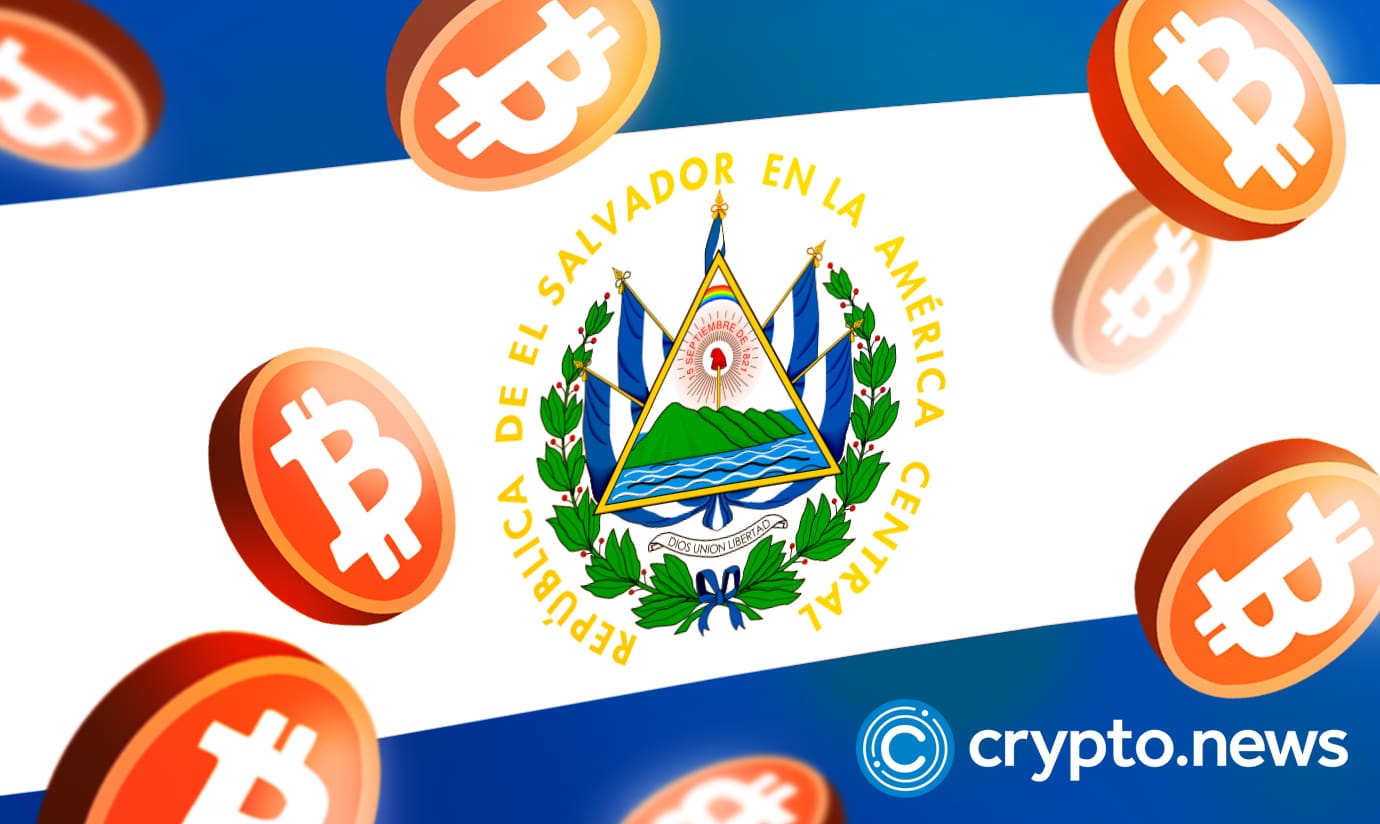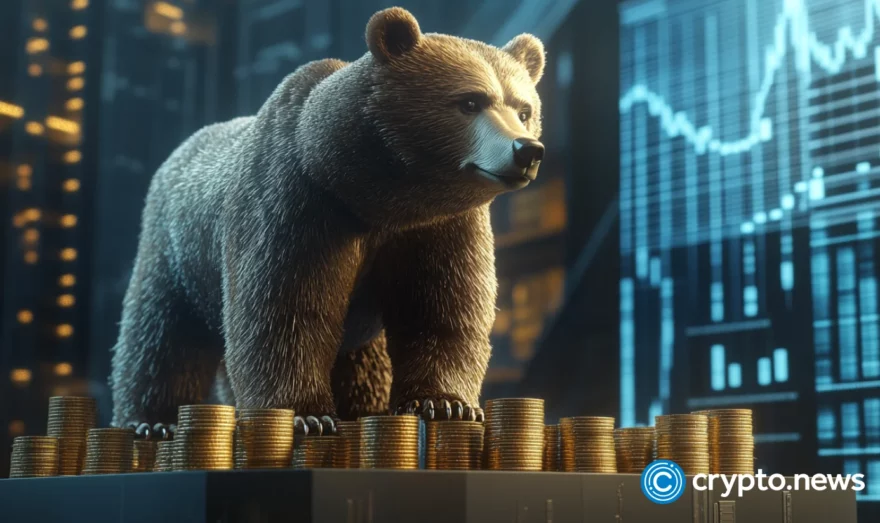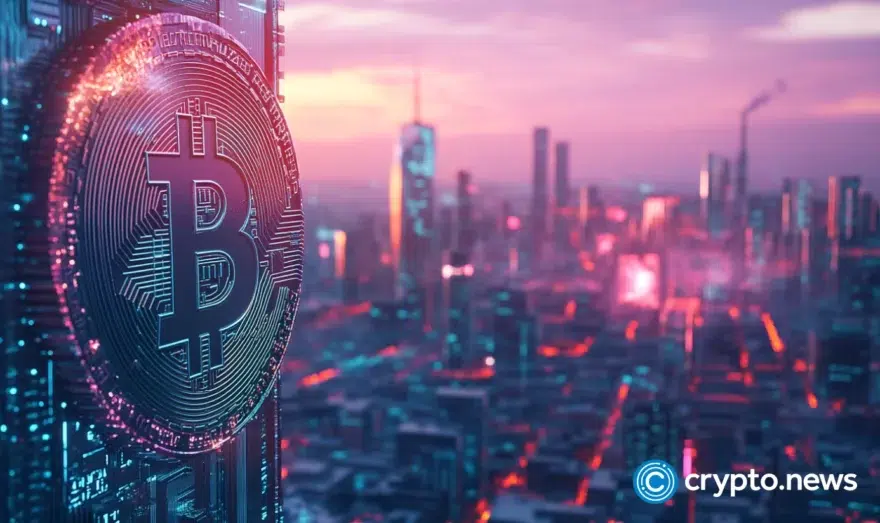El Salvador Takes Advantage of Crumbling Crypto Prices to Acquire 500 More BTC

According to reports, the government of El Salvador just bought 500 Bitcoins (BTC), bringing the total number of coins it owns to 2,301.
El Salvador Continues to Buy the Dip
The purchase is the largest since President Nayib Bukele’s administration started building a Bitcoin reserve at the tail end of 2021.
With BTC prices plunging below the $31K mark for the first time in nearly ten months, it was the perfect time to buy the world’s most valuable cryptocurrency.
The Salvadorian government bought the BTC for about $30,744 apiece, bringing the total cost to $15,372,000.
The country’s first BTC stash, consisting of 100 coins, was bought on November 26, 2021, at about $54K per coin. The next purchase was 150 BTC and was made just a week later, on December 3, 2021. This particular purchase dented Salvadoran coffers for about $7.3 million.
On December 22, 2021, the Salvadoran government gave the country an early Christmas present when it bought another 21 BTC valued at just under $50k each.
January 2022 saw the government spend about $15 million to add 410 BTC to its growing crypto stockpile. President Bukele even took to Twitter to crow about the “really cheap deal” he felt the country had gotten since, at the time, BTC was trading at its lowest price in six months.
Despite Reservations, Salvadoran President remains bullish on Bitcoin
In June 2021, El Salvador became the first country to officially recognize Bitcoin as legal tender. To get people to use cryptocurrency in everyday transactions, the Salvadoran government set up a network of Bitcoin ATMs and made it a law that all businesses must accept it.
Also, President Bukele decided that the country’s financial reserves should include BTC.
Bukele is determined to turn El Salvador into a global BTC hub. He has made a slew of pledges, including building a tax-free Bitcoin city in the country, establishing geothermal BTC mining facilities, and even offering citizenship to cadres of crypto investors.
However, Bitcoin adoption in the impoverished Central American country has not gone unchallenged. At one point, some Salvadorans protested against the change, saying that it would only benefit rich foreign investors while making life harder for regular Salvadorans.
Salvaging the Economy
El Salvador’s adoption of BTC has also contributed to its national debt growing to over half of its GDP. El Salvador’s credit rating was also recently downgraded by Fitch Ratings, marking the country as a very high credit risk.
The country’s five-year default swap, a measure of how likely El Salvador is to default on debt repayment, has increased nearly four-fold since it adopted BTC as legal tender. Additionally, El Salvador’s Bitcoin holding, currently valued at just over $71 million, has become a major obstacle in the country’s quest to get a $1.3 billion loan from the International Monetary Fund (IMF).
None of this seems to have deterred President Bukele, who continues to be bullish about the prospects of Bitcoin.
















